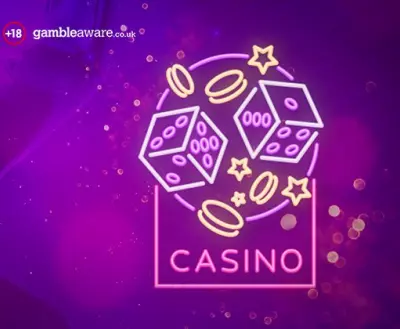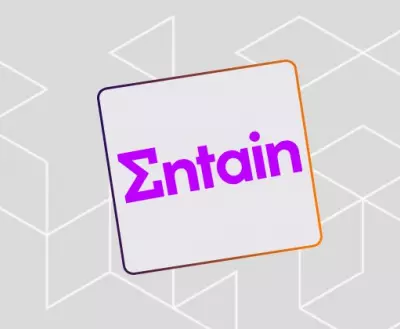The issue of gambling in video games is one that has caused difficulties for game developers and regulators worldwide. Features like loot boxes and skins, available for purchase during games and often random in the upgrades they deliver, have divided regulators and jurisdictions as to their interpretation. In the UK, for example, these features are considered transactional, rather than a form of gambling. But other regulators, such as in Belgium, have taken a more hardline approach.
The Belgian authorities argue that because of the chance element, these in-game upgrades are akin to gambling – and as a result, they’ve clamped down heavy on developers including these features in their games.
Perhaps the most high profile standoff between Belgian regulators and the games industry comes in the form of EA Sports and FIFA, the world’s most successful football video game. FIFA had denied Belgian claims that Fifa Points were akin to or could be used for gambling, and had steadfastly refused to remove them from its games – despite the protestations of those tasked with enforcing local gambling laws.
Now, it appears as though regulators may have got their way in the end, with EA Sports announcing it would be removing the feature from its Belgian products.
In future, players in Belgian will only be able to earn points through completing challenges within the game, rather than being able to buy the points for real money. The announces comes following the commencement of legal proceedings by Belgian authorities over the so-called ‘loot box’ mechanisms within the game.
In a report published by the Belgian Gambling Commission in 2018, the chance element of loot boxes were found to amount to a game of chance, which are ordinarily banned entirely within Belgium. After initially refusing to comply with the instruction, EA Sports’ FIFA franchise had fallen foul of regulators, who argued gambling games of chance should not be available in the jurisdiction under current Belgian law.
In a statement on the matter, EA Sports said it would enact the chances immediately, despite maintaining its disagreement with the position of the Belgian authorities.
“After further discussions with the Belgian authorities, we have decided to stop offering Fifa Points for sale in Belgium.”
“We’re working to make these changes effective in our Fifa console and PC games by 31 January 2019. While we are taking this action, we do not agree with Belgian authorities’ interpretation of the law, and we will continue to seek more clarity on the matter as we go forward.”
Loot boxes remain legal in the UK, though concerns have been raised by the Gambling Commission, especially in relation to games targeting younger players. Similar investigations are taking place in other jurisdictions, including the US, China and Japan.
While loot boxes look set to continue to play a major role in video games, not to mention providing a major source of revenue for games developers, instances like this show that there remains a grey area of legal interpretation.
The challenge for developers in future will be to ensure there are sufficient safeguards in place, both to satisfy regulators and to ensure players don’t feel exploited by these features.








